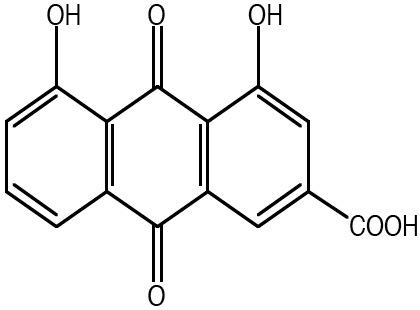It will be highly interesting in future investigations to determine the effects of the seminal plasma-specific posttranslational modifications on PCI functions, such as the inhibition of various proteases and cell-surface receptor interactions. However, protease inhibition experiments will require the isolation of active seminal plasma-derived PCI, which has proven to be very difficult to achieve, due to the high concentrations of serine proteases in seminal plasma. Alternatively, it may be possible to produce recombinant PCI expressing the seminal plasma PCI N-glycans, although this is a difficult task because it requires the precise expression of the correct glycosyltransferases. A recent study indicates that PCI could also play another functional role in the human male and female BU 4061T reproductive systems. The immune lectin designated DC-SIGN is associated with both mature and immature dendritic cells. Many human pathogens bind to DC-SIGN, enabling their VE-822 detection, uptake and the development of specific adaptive immune responses by DCs. However, DC-SIGN also binds to several endogenous glycoproteins, and such interactions are currently thought to promote immune homeostasis. Many proteins are specifically produced in the male urogenital tract after the onset of puberty, but they have not been subjected to thymic education. Such autoantigens could trigger immune responses in both the human male and female reproductive systems. However, PCI and three other glycoproteins have recently been defined as endogenous glycoprotein ligands for DC-SIGN in seminal plasma. Extensive fucosylation was important for these interactions. Therefore seminal plasma PCI could also have an immunomodulatory effect in both the male and female reproductive tracts, in which fucosylation plays a critical role. The results presented here provide further support that posttranslational modifications affect the functional specificity of PCI, which is medically relevant because PCI can act for instance as an anti-inflammatory and antitumor agent. It is also essential for all stages of reproduction. Therefore it may be used for therapeutic purposes. It was previously shown that the overall removal of Nlinked glycans and the NH2-terminal peptide of PCI affect the inhibition rates in the presence but not in the absence of the cofactors heparin and thrombomodulin. For factor Xa, the NH2-terminal peptide of PCI was found to affect the inhibition rates both in the absence and the presence of heparin. PSA, in contrast, is unique in that only  the combination of the N-glycans and the NH2-terminus of PCI affect the rate of its inhibition. Estrogens are important steroidal hormones which exert different physiological functions. The main beneficial effects include their role in programming the breast and uterus for sexual reproduction, controlling cholesterol production in ways that limit the build-up of plaque in the coronary arteries, and preserving bone strength by helping to maintain the proper balance between bone build-up and breakdown. Among female sex hormones, 17b-estradiol is the most potent estrogen carrying out its action either via transactivation of estrogen receptors or by stimulating nongenomic effects via the MAPK signaling pathway. In addition to its important beneficial effects, however, E2 can also cause serious problems arising from its ability to promote the cell proliferation in breast and uterus. Although this is one of the normal functions of estrogen in the body, it can also increase the risk of estrogen dependent diseases, like breast cancer, endometriosis and endometrial hyperplasia. Suppression of estrogenic effects is consequently a major therapeutic approach.
the combination of the N-glycans and the NH2-terminus of PCI affect the rate of its inhibition. Estrogens are important steroidal hormones which exert different physiological functions. The main beneficial effects include their role in programming the breast and uterus for sexual reproduction, controlling cholesterol production in ways that limit the build-up of plaque in the coronary arteries, and preserving bone strength by helping to maintain the proper balance between bone build-up and breakdown. Among female sex hormones, 17b-estradiol is the most potent estrogen carrying out its action either via transactivation of estrogen receptors or by stimulating nongenomic effects via the MAPK signaling pathway. In addition to its important beneficial effects, however, E2 can also cause serious problems arising from its ability to promote the cell proliferation in breast and uterus. Although this is one of the normal functions of estrogen in the body, it can also increase the risk of estrogen dependent diseases, like breast cancer, endometriosis and endometrial hyperplasia. Suppression of estrogenic effects is consequently a major therapeutic approach.
The shedding caused by the N-glycans and the NH2-terminus together is not affected by the charge of the N-glycans
Leave a reply